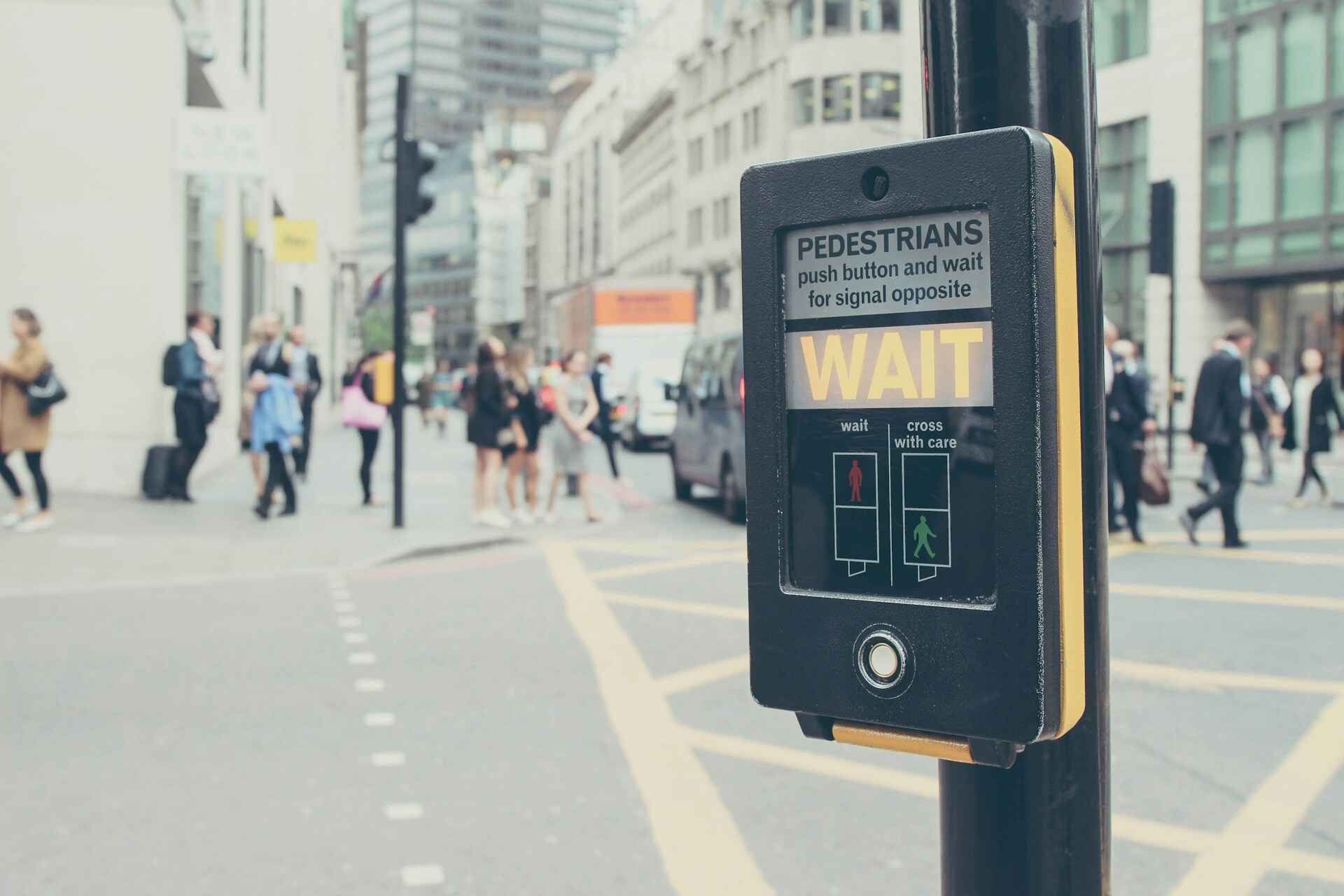
Learning to drive is a journey, culminating in the crucial practical test. For some, this final hurdle seems insurmountable, plagued by self-doubt and anxiety. Others, conversely, eagerly anticipate the test, potentially rushing towards it prematurely. While trusting your instincts is valuable, both extremes can be misguided, stemming from either a lack of confidence or excessive eagerness.
Key considerations include the cost of the practical test, extended wait times, and the unpleasantness of failure. Booking a test prematurely is detrimental to both you and your instructor. Moreover, driving on the road without adequate preparation poses a significant safety risk.
To assist you in determining your readiness, we’ve compiled a list of five indicators suggesting a delay in your test booking.
1. You haven’t quite mastered all areas of driving

Driving is a complex skill that goes beyond simply moving from point A to point B. Mastering various aspects, including steering, observation, gear changes, maneuvers, and roundabouts, takes time and practice. Unlike a school exam where you can focus on specific subjects, the driving test comprehensively assesses all driving skills. This comprehensive evaluation ensures you become a safe and confident driver for life, not just someone who can pass a test. Before booking your test, carefully consider whether you’ve truly mastered all the necessary driving skills.
2. You’re feeling EXTREMELY nervous
It’s understandable to feel nervous while learning to drive, especially considering the potential for accidents. Test anxiety is also common and expected. However, if you experience extreme anxiety and fear every time you encounter a new situation or drive independently, you may not be ready for the test. Test conditions can significantly amplify these anxieties, potentially leading to serious errors and an automatic fail. While complete ease behind the wheel may take time, you should have a strong belief in your driving abilities.
3. Trust Your Instructor’s Assessment

As a learner driver, it’s crucial to respect your instructor’s expertise and value their opinions. If they believe you’re not yet ready for the test, they’re likely correct.
Open and honest communication with your instructor is vital for your progress. If you feel ready for the test but your instructor disagrees, seek a clear explanation of their reasoning and focus on improving the areas they’ve identified. Participating in mock driving tests with your instructor is an excellent way to prepare for the real thing.
While some may cynically suggest that instructors intentionally delay tests to maximize earnings, this is simply not true. Our extensive experience working with numerous instructors has never encountered such behavior.
Remember, your success on the test reflects positively on your instructor as well. It’s in everyone’s best interest for you to excel in the practical test, so trust their guidance.
4. Prioritize Adequate Learning Time
While learning speeds vary, there’s no one-size-fits-all answer to the number of lessons required for test readiness. However, reputable sources like the RAC offer valuable guidance. They suggest that learners aim for approximately 20 hours of private practice (with a friend or family member) and 45 hours of professional lessons.
While the desire to pass quickly is understandable, driving is a complex skill that demands time and dedication. Ensure you have sufficient time to master all driving elements and perform them confidently and independently. Confidence is essential, but overconfidence can be dangerous.
Avoid rushing the process and allocate adequate time on your calendar to thoroughly learn everything necessary before your test day arrives.
5. Are You Prepared for the Unexpected?
Knowing how to drive a car is foundational, but true competence lies in navigating the open road confidently and smoothly. While your instructor provides guidance, can you truly adapt to changing conditions and make quick, informed decisions when faced with unexpected hazards?
By the time you’re test-ready, basic car controls should be ingrained – like a skilled musician seamlessly transitioning between chords. Remember those initial driving days when you’d glance down at the gearstick for every shift? Those habits must be completely eradicated before you even consider the test center.
The driving test includes an independent driving section precisely because you need to demonstrate the ability to drive autonomously. Replicating past driving experiences rather than reacting to the actual road conditions can lead to significant errors.
Are you truly ready for your driving test?
This article isn’t intended to discourage you from scheduling your practical test. A degree of nervousness is perfectly normal and doesn’t necessarily indicate a lack of readiness. Our goal is to ensure you’re optimally positioned for success on your first attempt.
If you’re unfortunate enough to fail your initial attempt, don’t automatically assume you’re not test-ready. Many factors can contribute to a less-than-ideal outcome on the big day. Analyze your shortcomings, learn from your mistakes, and approach your next attempt with renewed determination.
As long as you don’t exhibit any of the aforementioned 5 signs, you should be well-prepared to conquer your driving test!



